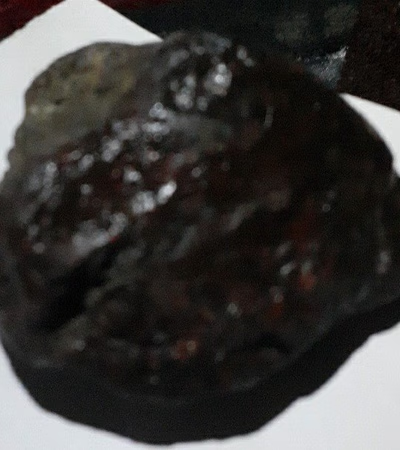Ethiopia"s mineral sector presents a remarkable shift in trade dynamics, with ores and metals exports rising to 0. 67% of total merchandise exports in 2022, up from 0. 32% in 2020. This growth signifies a strategic pivot towards mineral exports as a revenue stream, despite global challenges in logistics and geopolitical tensions affecting supply chains. In contrast, fuel exports remain negligible, underscoring a critical reliance on mineral wealth for economic diversification. The import landscape is intriguing: ores and metals imports constituted 1% of merchandise imports in 2022, showing stability yet hinting at an internal demand for processing technologies and infrastructure. This gap signals an investment opportunity in local beneficiation and processing capabilities, which could mitigate dependency on imports and boost value-added exports. Furthermore, the consistent access to electricity improvements from 51.
1% in 2020 to 55% in 2022, particularly in rural areas, supports infrastructure development, crucial for mining operations. Forecasting further, Ethiopia"s mineral market is poised for expansion, driven by incremental electricity access and the global demand for minerals such as bauxite and coal. However, challenges remain in environmental sustainability and regulatory frameworks. Comparatively, Ethiopia still lags behind global peers in safely managed sanitation services, which affects overall workforce efficiency in mining regions. To capitalize on these insights, Aritral. com offers an AI-driven platform to enhance market entry strategies. By listing products, facilitating direct communication, and providing AI-powered marketing, Aritral enables businesses to connect with key suppliers and partners in Ethiopia"s minerals sector, tackling trade barriers and fostering growth. With services like global sales assistance and profile management, Aritral empowers companies to navigate complex markets efficiently, ensuring they remain competitive in a rapidly evolving industry landscape. "
-
 Abdifatah Mohamed 5 days ago
Abdifatah Mohamed 5 days ago Ethiopia
Abdifatah Mohamed
Ethiopia
Abdifatah Mohamed
DiamondDetails
-
 Kedir Oumer 5 months ago
Kedir Oumer 5 months ago Ethiopia
I have a black diamond of different quality and type. I want to sell it. I have different types of natural minerals.
Ethiopia
I have a black diamond of different quality and type. I want to sell it. I have different types of natural minerals.
I have a black diamond of different quality and type. I want to sell it. I have different types of natural minerals.Details


